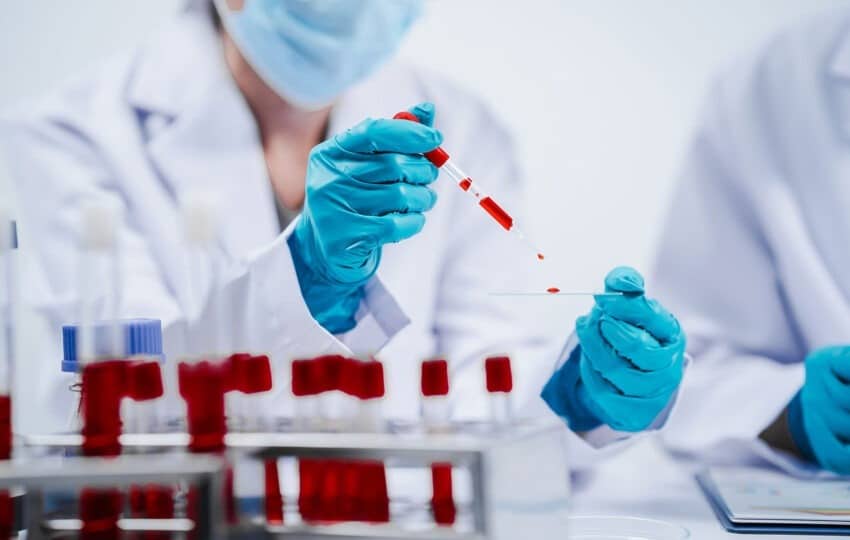In the realm of cancer detection, knowledge is power. Regular screenings and early detection play a pivotal role in the fight against this formidable adversary. When it comes to blood tests for cancers, there are primarily two types that healthcare professionals rely on for valuable insights: Tumour Markers and Genetic Tests.
Tumour Markers
Tumour markers are proteins released into the blood by certain cancers. While they hold potential as screening tools, their reliability has been a subject of debate. One challenge is that elevated marker levels can be attributed to conditions other than cancer, leading to unnecessary anxiety. However, when used in conjunction with a comprehensive patient history, thorough examination, or additional investigations, these tests can be incredibly valuable.
Examples of Tumour Markers and Their Corresponding Cancers
- PSA (m) – Prostate Cancer
- CA125 (f) – Ovarian Cancer
- AFP – Liver Cancer
- CEA – Bowel Cancer
- CA19-9 – Pancreatic Cancer
- CA15-3 – Breast Cancer
Genetic Tests
Another significant advancement in cancer detection lies in genetic tests. Some individuals carry an inherited gene fault (mutation) that increases their susceptibility to certain types of cancer. Notably, genes like BRCA1/2 and PALB2 have garnered attention due to their association with breast and ovarian cancer.
Modern gene panels have emerged as powerful tools, enabling the simultaneous testing of multiple genes. However, it’s crucial to approach these tests with careful consideration. Genetic testing should be conducted with the guidance of healthcare professionals and reserved for individuals with specific risk factors, such as a family history of cancer.
Summary
In the ever-evolving landscape of cancer diagnostics, blood tests remain indispensable. Tumour markers, when used judiciously, can provide valuable insights, while genetic tests open a window into an individual’s susceptibility based on their genetic makeup. As we continue to advance in our understanding of cancer, these tests, combined with a holistic approach to patient care, offer hope in the ongoing battle against this formidable foe. Remember, knowledge is not just power – it’s a lifeline in the fight against cancer.





